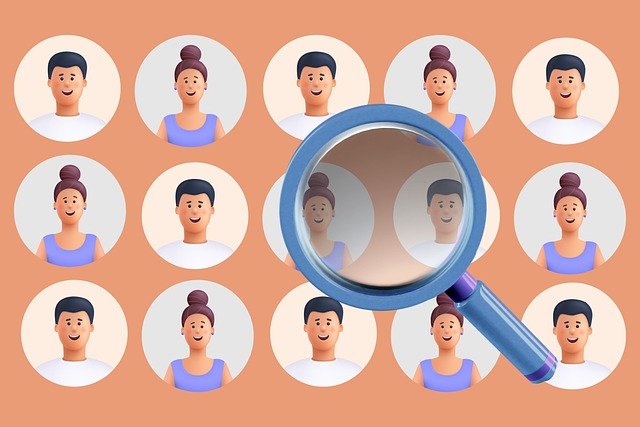Criminal Background Check: What It Covers and How It's Used
A criminal background check is a common screening tool used by employers, landlords, volunteer organizations, and security agencies to review an individual's public criminal record and related history. It can confirm identity, reveal past convictions or pending charges, and highlight matters that may be relevant to a role or responsibility. Understanding what these checks include, their limits, and how they affect employment and public safety helps organizations and individuals make informed decisions.

What is a background check?
A background check is an umbrella term for searches that collect public records about a person. Checks can include criminal history, identity verification, civil court records, driving records, and credential verifications. The scope depends on the requester and applicable law: some checks focus exclusively on criminal record searches at county, state, or federal levels, while others combine multiple sources. Many background checks require consent from the person screened and are conducted by consumer reporting agencies, law enforcement, or specialized vendors.
How does a criminal record affect opportunities?
A criminal record can influence access to jobs, housing, professional licenses, and volunteer roles. Employers commonly review records to assess risk and suitability for roles that involve trust, money handling, vulnerable populations, or security access. The impact of an entry often depends on factors like the nature of the offense, its relevance to the position, how long ago it occurred, and whether records have been sealed or expunged. Different jurisdictions have rules limiting how far back certain convictions can be considered and whether arrests without conviction can be reported.
Background checks and employment decisions
Employers use background checks to help manage liability and security while protecting workplace safety. Best practice includes obtaining written authorization, using consistent criteria for applicants in similar roles, and following laws such as the Fair Credit Reporting Act and applicable equal employment opportunity guidance. When an employer considers an adverse action based on a report, many jurisdictions require a pre-adverse notice, an opportunity for the candidate to dispute inaccuracies, and a final adverse notice. Employers should weigh relevance and fairness rather than relying solely on a criminal record.
How background checks support security
Background checks are part of broader risk-management and security programs. For roles requiring building access, access to sensitive data, or oversight of vulnerable people, verifying criminal history and identity helps reduce certain risks. Security-focused checks may include fingerprint-based searches, federal-level criminal databases, and international checks for candidates with travel or residence abroad. However, these checks are one layer: security also relies on policies, training, supervision, and technical safeguards.
Role of background checks in safety
Background checks contribute to public and organizational safety by identifying patterns of behavior that could pose a hazard in specific contexts—such as offenses involving violence, abuse, or financial misconduct. For positions involving children, elderly care, or healthcare, regulations often mandate specialized screening (for example, child abuse registries or professional disciplinary histories). It is important to balance safety needs with rehabilitation and non-discrimination principles, ensuring decisions consider context, the individual’s current circumstances, and opportunities for reentry into work and community life.
Where to find local services and records
Records and services vary by jurisdiction. County court clerks typically maintain local criminal and court records; state repositories may hold consolidated criminal histories; federal databases cover federal offenses. Consumer reporting agencies and specialized background-check providers compile data from these sources and offer employment screening services. When seeking records in your area, start with official court or law enforcement portals and verify any third-party vendor’s accreditation, compliance with data-protection laws, and dispute processes. Individuals can often request their own reports to check for errors and understand what employers might see.
Conclusion
Criminal background checks are widely used tools that gather public-record information to inform employment, housing, licensing, and security decisions. They have practical benefits for safety and risk management but also limits: not all records are comprehensive, errors can occur, and laws restrict how information may be used. Both organizations and individuals benefit from clear processes — consent, accuracy checks, context-aware decisions, and knowledge of local rules — to ensure checks are fair, lawful, and focused on relevant risks.






